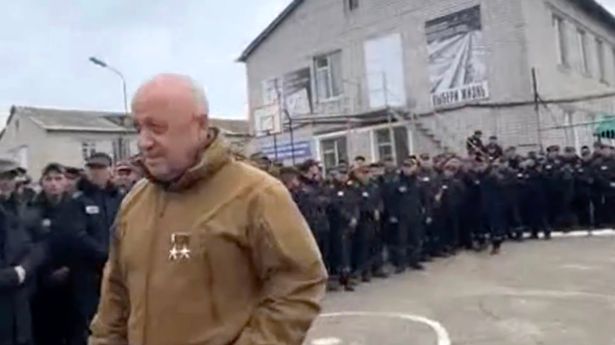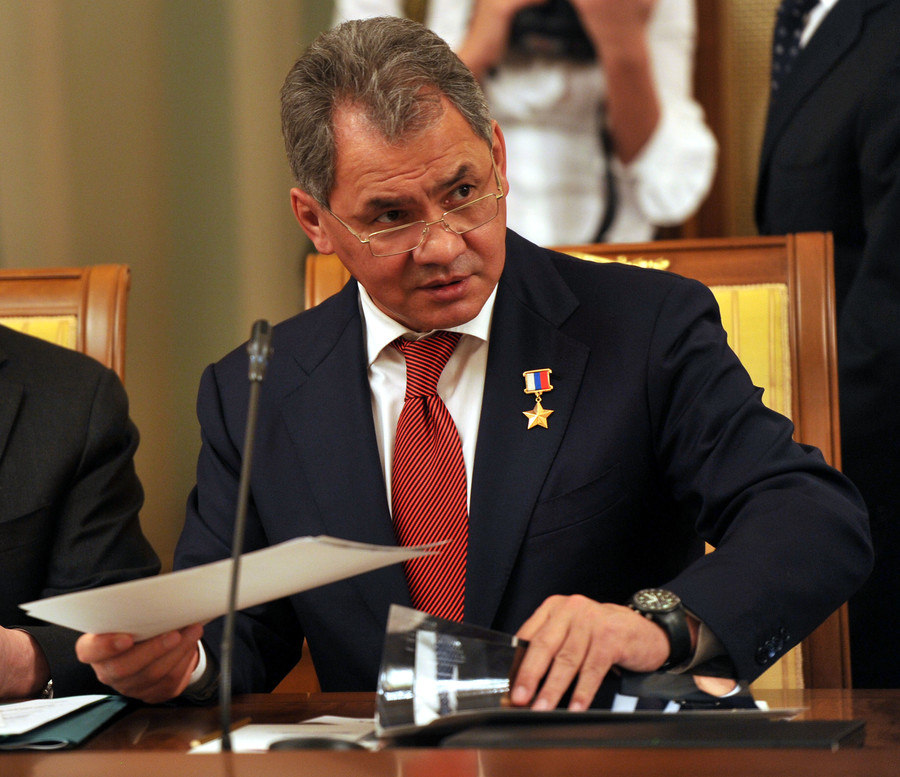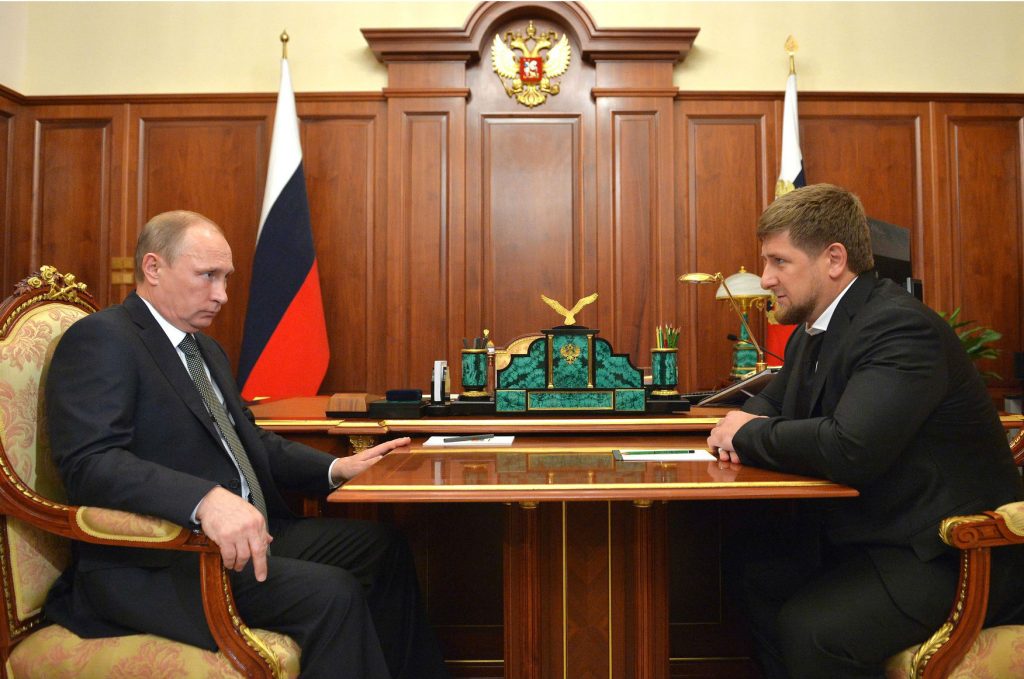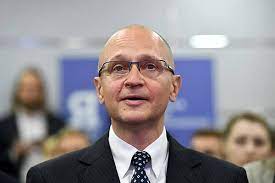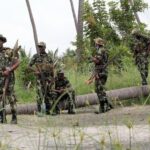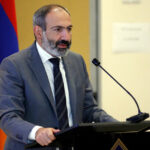Following sharply enhanced political powers for Defense Minister Shoigu and his entourage in March 2022 , as the military invasion of Ukraine started, things have changed dramatically by the end of 2022. Russia’s military failures, critically overestimated capacity of the Russian troops that was revealed, total corruption, technical, moral and backwardness created a need for numerically superior manpower, as common practice for Russia usually followed by huge human losses.
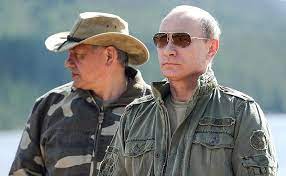
Read also: Signs of military coup in Russia
With Russia traditionally betting on slaves (serfs) or prisoners in warfare or massive infrastructure projects, the Kremlin made a bet on private military contractors, primarily those convicted of crimes. That minimizes funding for the functioning of these groups and removes the need to pay in case the mercenaries are dead or injured. The Wagner Group, previously used as an expeditionary force by Russia with the functions of the Special Operations Forces, took up the task to operate in the most sensitive sectors of the front. With the Wagner keeping a low profile and the forces affiliated with Prigozhin having a strong media clout, he has managed to launch a political campaign that is currently reshaping the political space in Russia.
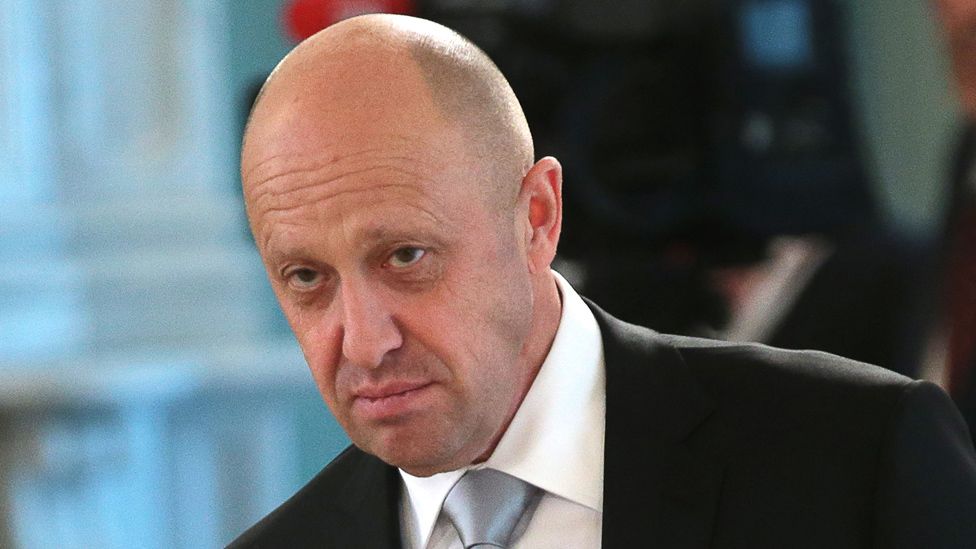
Read also: Yevgeny Prigozhin’s psychological profile
As the Liberal Democrats leader Zhirinovsky died, Deputy Secretary of the Security Council Dmitry Medvedev tried to take his place as a ‘hawk’. But his non-perception by the ‘siloviki’, alcohol dependence and political weakness made it impossible for him to become Putin’s successor. Prigozhin, with successful operations overseas and control over valuable resource deposits there, currently plays the role of ‘Putin’s wallet’ abroad. He is powerful enough to launch his own political project and inherit the power from Putin directly, or acquire the power if Putin loses it, relying on his own private troops, with possible support by a part of Defense Ministry. In this context, the tandem by Prigozhin and Surovikin, as opposed to the Shoigu-Gerasimov group, is noteworthy. Prigozhin managed to convince Putin to remove Colonel General Alexander Lapin from command of the Center group of Russian troops in Ukraine. With Prigozhin-controlled media eager to blame the Defense Ministry and the General Staff for all the failures, that was evidently his idea. That way, Prigozhin and the Wagner Group get the opportunity to become an alternative to the Russian troops inside the country.
Prigozhin is unlikely to be eager to become a defense minister. His tactical alliance with Chechen leader Ramzan Kadyrov speaks for presidential ambitions. Prigozhin, de facto, takes the role Russia’s supreme commander, in attempt to unite ultra-radical ‘hawks’.
We believe, however, he knows the only possible way for him to get this post is a military scenario, like the Soviet collapse in 1991 or a coup attempt in 1993.
The context is favorable for Prigozhin. Putin is weak, mentally unstable, with negative health prospects. That is why Putin has to get close to someone who can guarantee his security and prevent a palace coup. With Prigozhin yet unable to take power in Russia in the elections, however, he is quite capable of maximizing his impact, as a regent for sick and weakened Putin, for example.
There is a series of public clashes involving Prigozhin that can only mean a struggle for power. Besides the conflict with Russian Defense Ministry and the governor of St. Petersburg Alexander Beglov, Prigozhin is at odds with the first deputy head of the presidential administration, Sergei Kiriyenko, eager to have a say in appointing and dismissing officials. Kiriyenko is not happy with Prigozhin being active in occupied parts of Donbas, Ukraine, as he oversees them in the Kremlin. That way, Prigozhin has monopolized information channels that run to President Putin on the developments at the front and the occupied regions of Ukraine. Aside from Kiriyenko, Prigozhin is at odds with Putin’s business entourage, e.g., Yuri Kovalchuk. Most of the President’s entourage are not happy with someone with a criminal record who has entered Putin’s circle. That irritates those affiliated with the FSB in the Kremlin. As mass recruitment of convicts by the Wagner Group started, the FSB expressed concern over prospects for mercenaries going back to Russia with weapon, combat skills and PTSD, making the crime rate in Russia even worse.
Kremlin sources report that Prigozhin is increasingly familiar with Putin in public. That might speak for Putin’s growing dependence on Prigozhin, as the Wagner Group handler becomes more and more confident in expanding his reach.
The Kremlin is likely to set up a new Prigozhin-led political project that would unite the ultra-radical propaganda votes of hawk supporters, war correspondents affiliated with the GRU, and people who served time in the United States (Viktor Bout, Maria Butina), as they will promote anti-Western narratives in Russia. It looks increasingly likely, therefore, that a kind of military junta might take power in Russia in case Putin’s health becomes worse.


